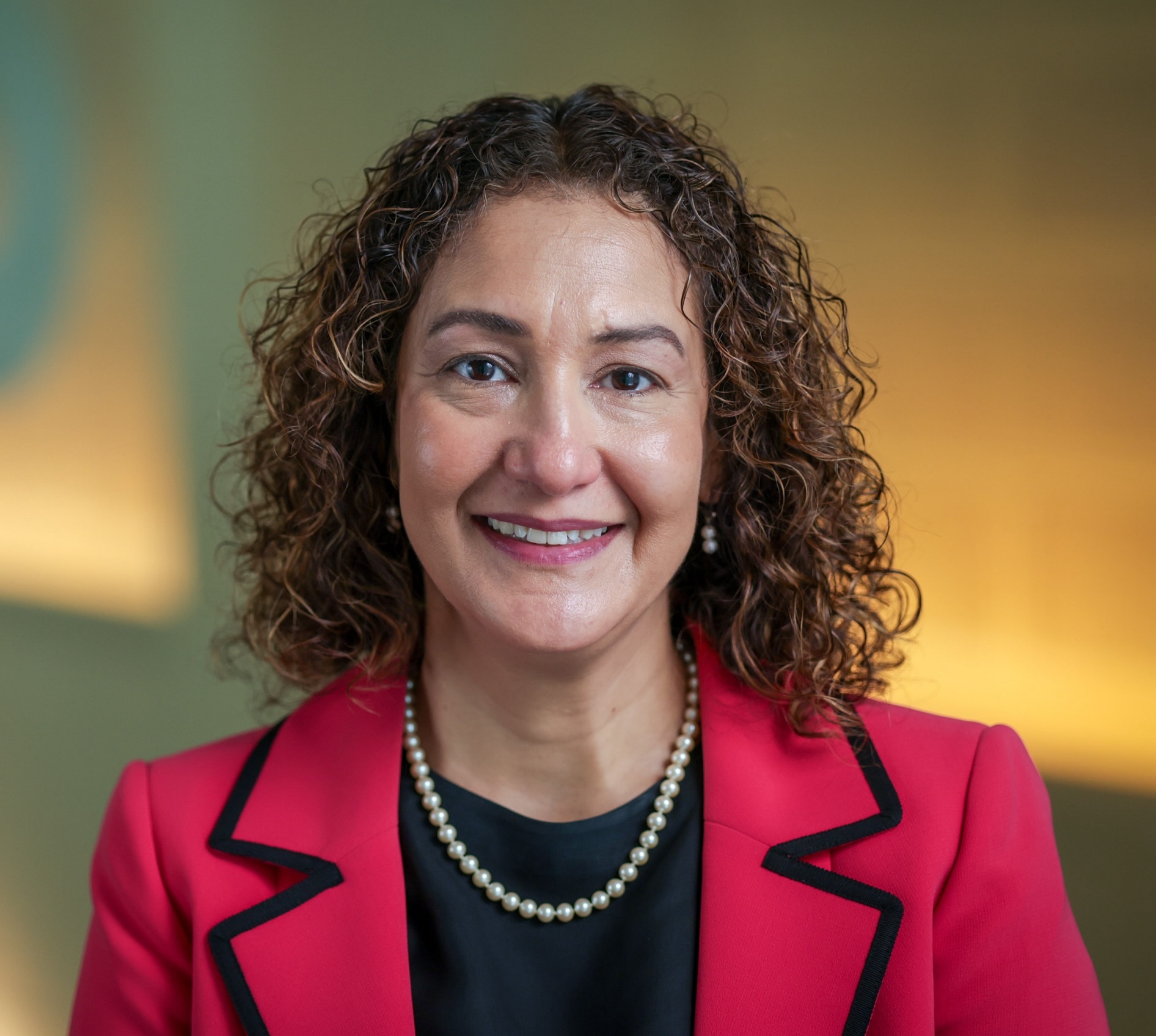
‘Putting Communities in the Driver’s Seat’ Can Ensure Lasting Social and Behavior Change
CCP’s Executive Director Debora B. Freitas López gives a keynote speech at the Africa Society for Social & Behavior Change virtual summit.

CCP’s Executive Director Debora B. Freitas López gives a keynote speech at the Africa Society for Social & Behavior Change virtual summit.
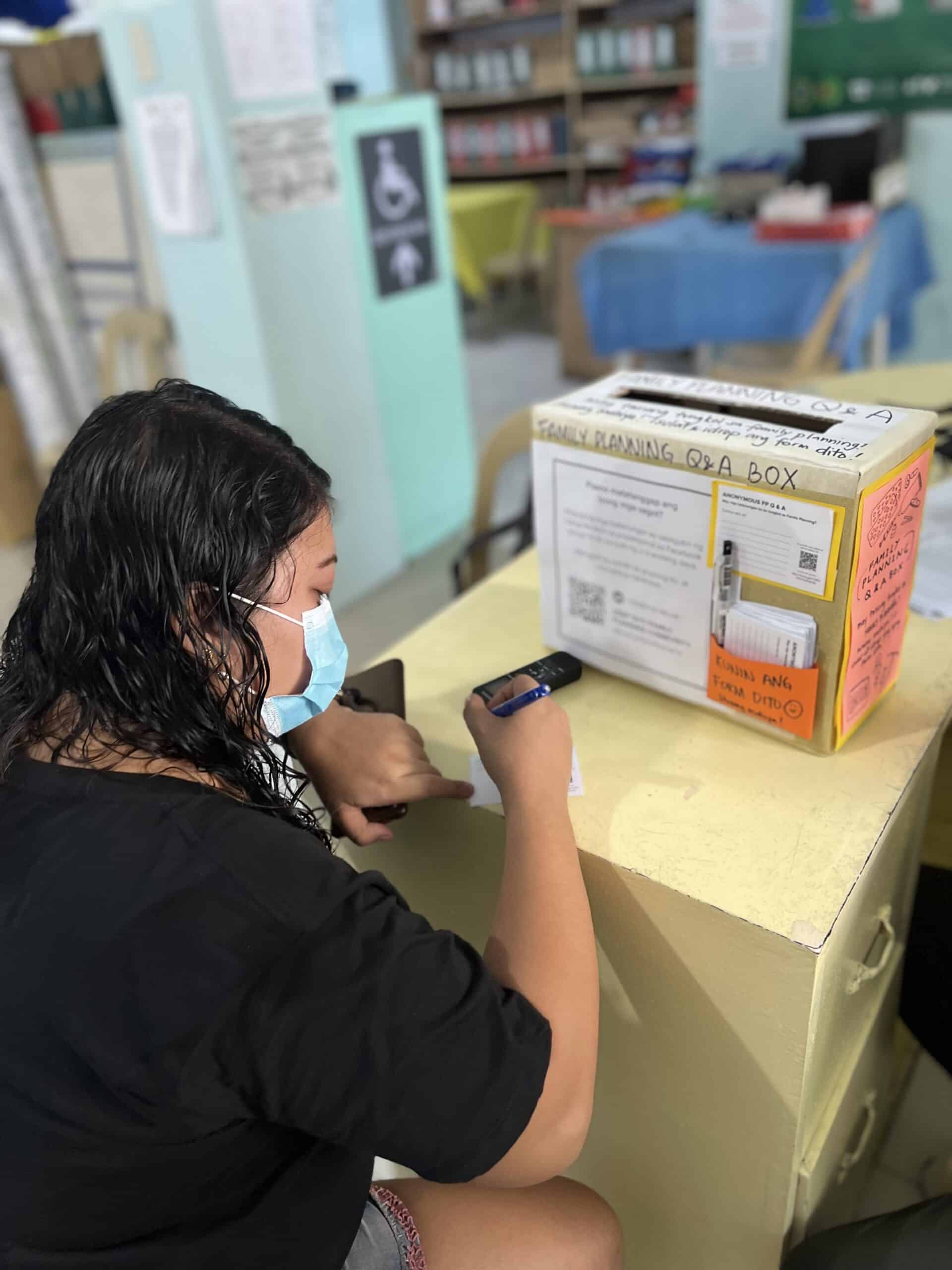
In the Philippines, CCP is working to understand why some women stop using contraception — and how to get them back on track.

“Behind these numbers are human lives,” says CCP’s Tina Suliman. “There are people we love, community members in these numbers.”

The goal is to create ways to encourage pregnant women to take their pills in order to determine which regimen offers best outcomes for babies.
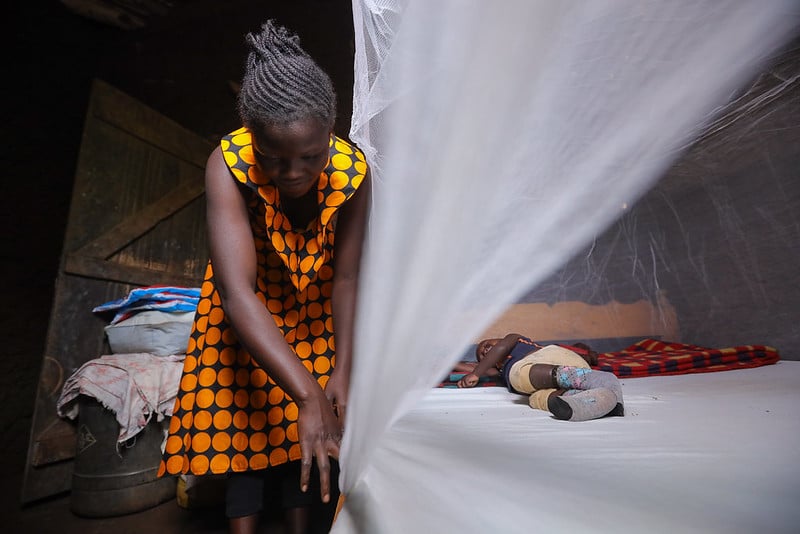
The Fighting Malaria with Social and Behavior Change project is designed strengthen the skills of Mozambicans to promote healthy behaviors.
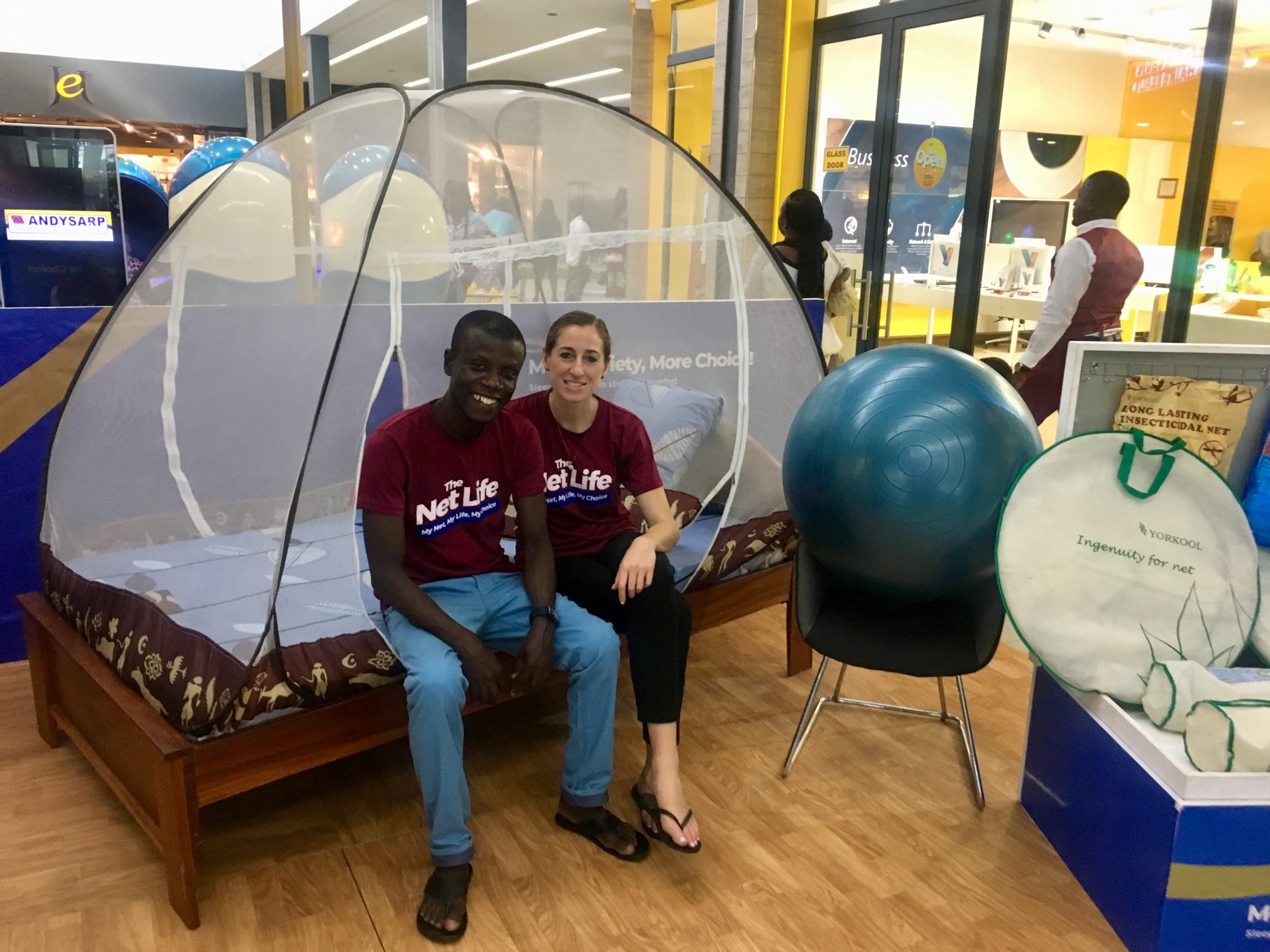
What is design thinking and how can it be used in development and communication work? CCP’s recently named Design Innovation Lead shares what she sees as the future of design thinking.

For World Tuberculosis Day, CCP’s Kanika Campbell talks with two leaders of a CCP-led campaign designed to help identify and treat more TB cases in Nigeria, which has the highest prevalence of the disease in Africa.
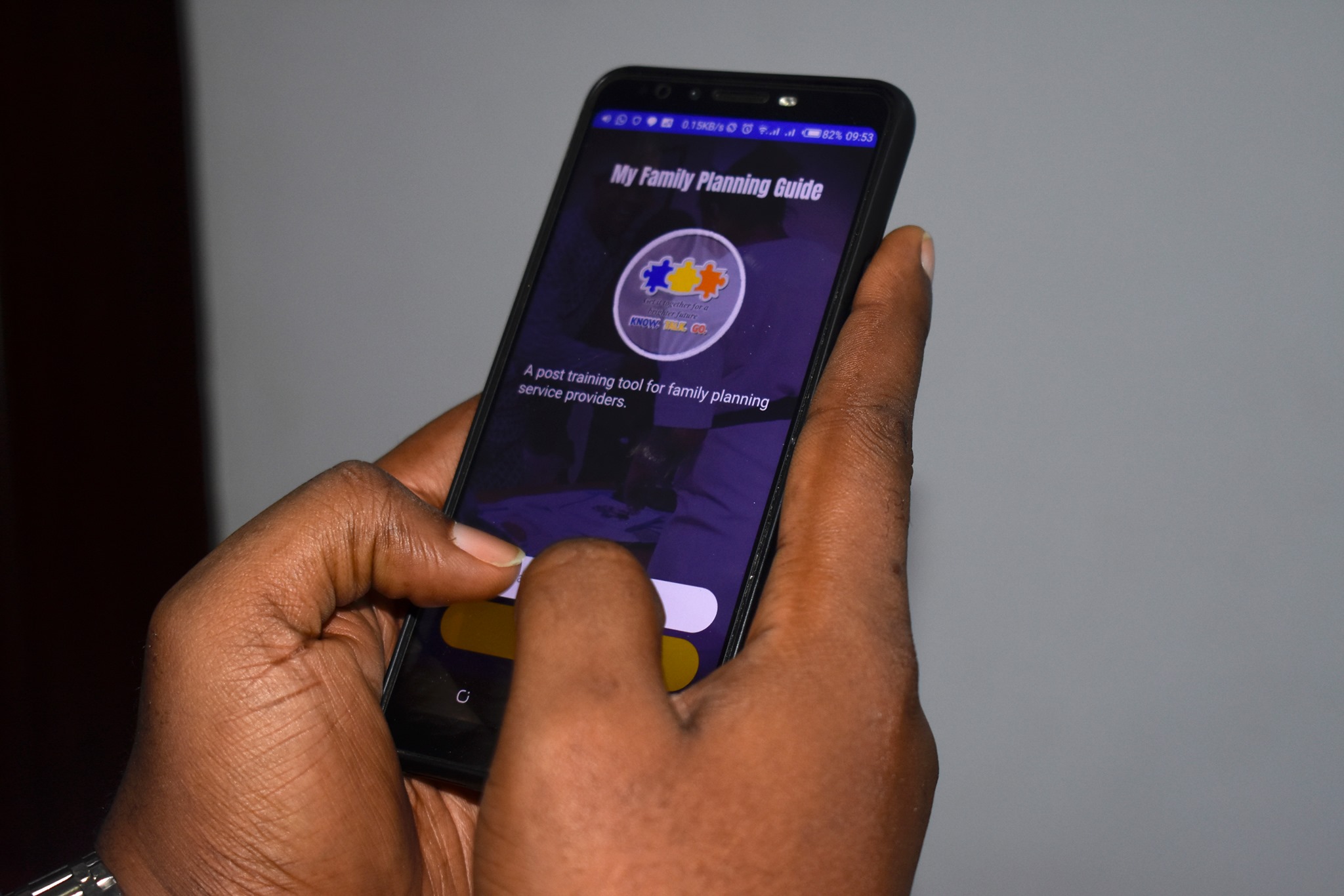
“My Family Planning Guide” is a distance learning education mobile app designed by CCP in Nigeria to keep family planning service providers up-to-date on the newest types of modern contraception and strengthen interpersonal communication with clients.
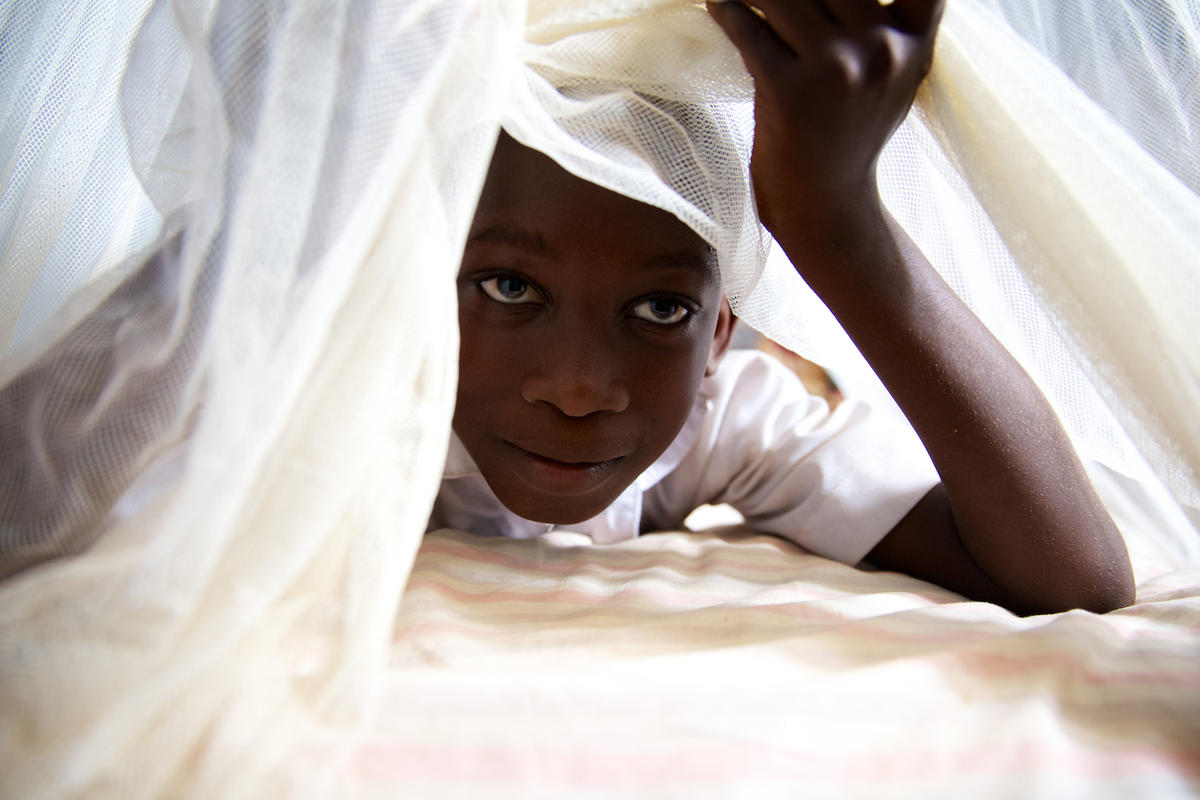
A human-centered design process led by CCP helped researchers understand what people in Ghana want in the bed nets they use to prevent malaria. A new study explains how.
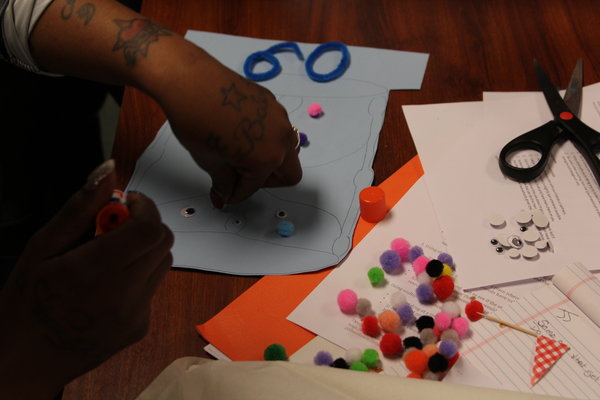
The Johns Hopkins Center for Communication Programs recently brought together members of Bmore POWER, a group of peer advocates and educators, for a three-day hackathon to quickly create messages aimed at preventing people from overdosing on fentanyl and dying.
Receive the latest news and updates, tools, events and job postings in your inbox every month